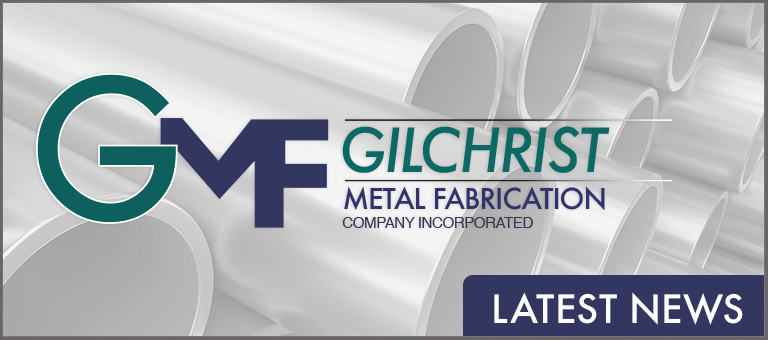Our resident architectural metal specialist has seen it time and again: Beautiful, customized and expensive metal fabrications get to a construction site and won’t fit the intended space and footprint. Or, a large ornamental metal fabrication is created and when installed, fails to meet an overlooked building code. Throwing away countless hours of skilled work and quality metal is heartbreaking. It causes resentments, finger pointing and lost profit for architects, builders and metal fabricators.

The causes of construction failure in architectural metal fabrications are generally twofold: There is no expert single point of contact to provide highly detailed, accurate and instructional shop drawings, and be on call for questions. Communication between architect, fabricator, general contractor and subcontractors breaks down and false assumptions are made. One mistake along the way can junk an expensive one-of-a-kind structural assembly like a set of feature stairs or a stainless steel and glass canopy.
Architectural metal fabrication is a complex specialty. It is a domain reserved for disciplined professionals from the engineering team all the way to the installers. Far too often, a general contractor will hire a fabricator with only limited experience to handle the custom metal work using insufficient drawing details. The fabricator might take internally decided shortcuts in welding, layering, machining, etc without fully understanding the structural integrity and code requirements. Sometimes a little sloppiness kicks final measurements out beyond tolerance limits. A desire for expediency will usually cause mistakes that ripple downstream. The result? Installation failure and rework!
Don’t stagger and fall on the hard stuff.
There is a right way to implement complex architectural metal in construction. The methodology is relatively simple for a complicated business. A single metals consultant needs to be the expert point of contact for all of the  players involved in the architectural fabrications. The consultant is the sole resource that provides all of the detailing & shop drawings as well as special instructions to fabricators, builders and installers. All contractors and subcontractors involved in the metal work are encouraged to contact the consultant no matter how large or small a question may be. The metal consultant’s job is to assure that all teams have the right information for proper fabricating, installation, fit and finish.
players involved in the architectural fabrications. The consultant is the sole resource that provides all of the detailing & shop drawings as well as special instructions to fabricators, builders and installers. All contractors and subcontractors involved in the metal work are encouraged to contact the consultant no matter how large or small a question may be. The metal consultant’s job is to assure that all teams have the right information for proper fabricating, installation, fit and finish.
GMFCo has been quietly increasing its business in construction, specifically the architectural metal fabrications specialty. To date, our architectural projects have moved through the shop smoothly and were installed flawlessly on site. This is largely because we’ve partnered with and brought in house one of the best architectural metal detailers in the country.

As the architectural arm of GMFCo, Modern Metal Solutions (MMS) has set up its offices at the GMFCo facilities in Hudson, NH. MMS principal, Chris Aubrey, is nationally known among some highly discriminating architects and builders. He has consulted on some of the most unique, high-end residential as well as artistic commercial building projects in the country. We’re delighted to partner with Chris and MMS to help our customers in the construction industries get the best value in the projects we fabricate for them.
We invite you to send us your architectural metal designs and drawings at any stage in the process. We can advise you of the feasibility and costs associated with taking your project to the next stage in manufacturing and construction. Please feel free to call or email us if you have any questions: (603) 889-2600 | [email protected]
About GMFCO
Gilchrist Metal Fabricating Company was established in Hudson, New Hampshire in 1975. Since then, GMFCO has been focused on providing industry leading metal fabrications and welding services for customers across the country.




